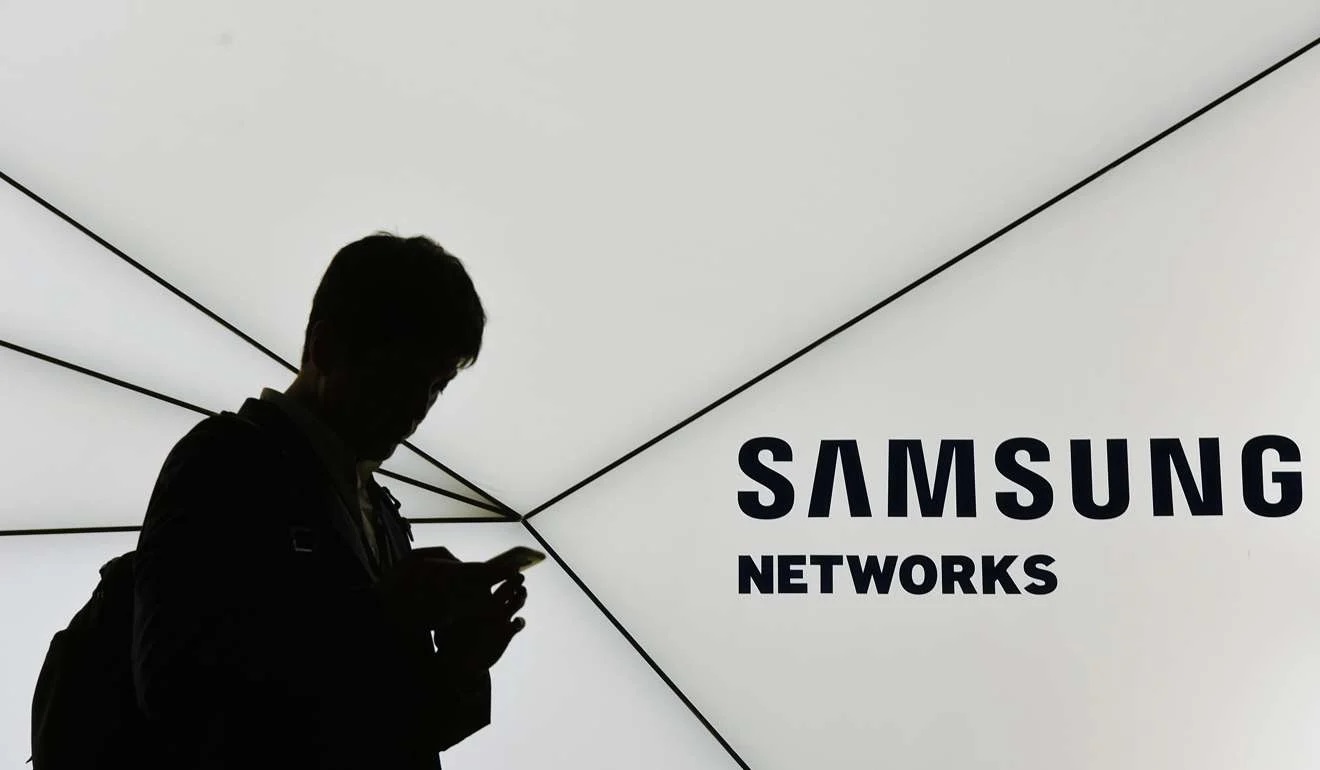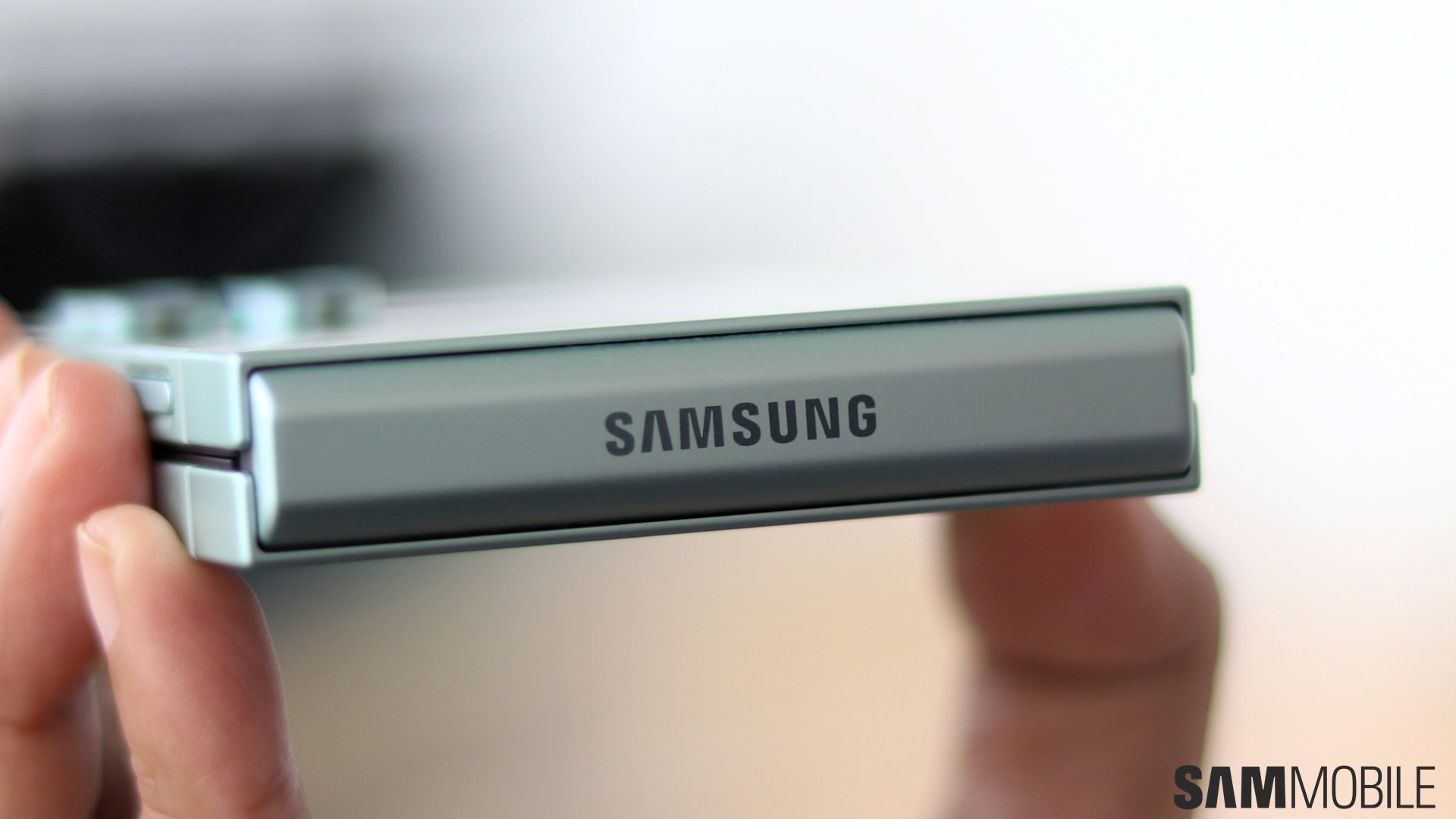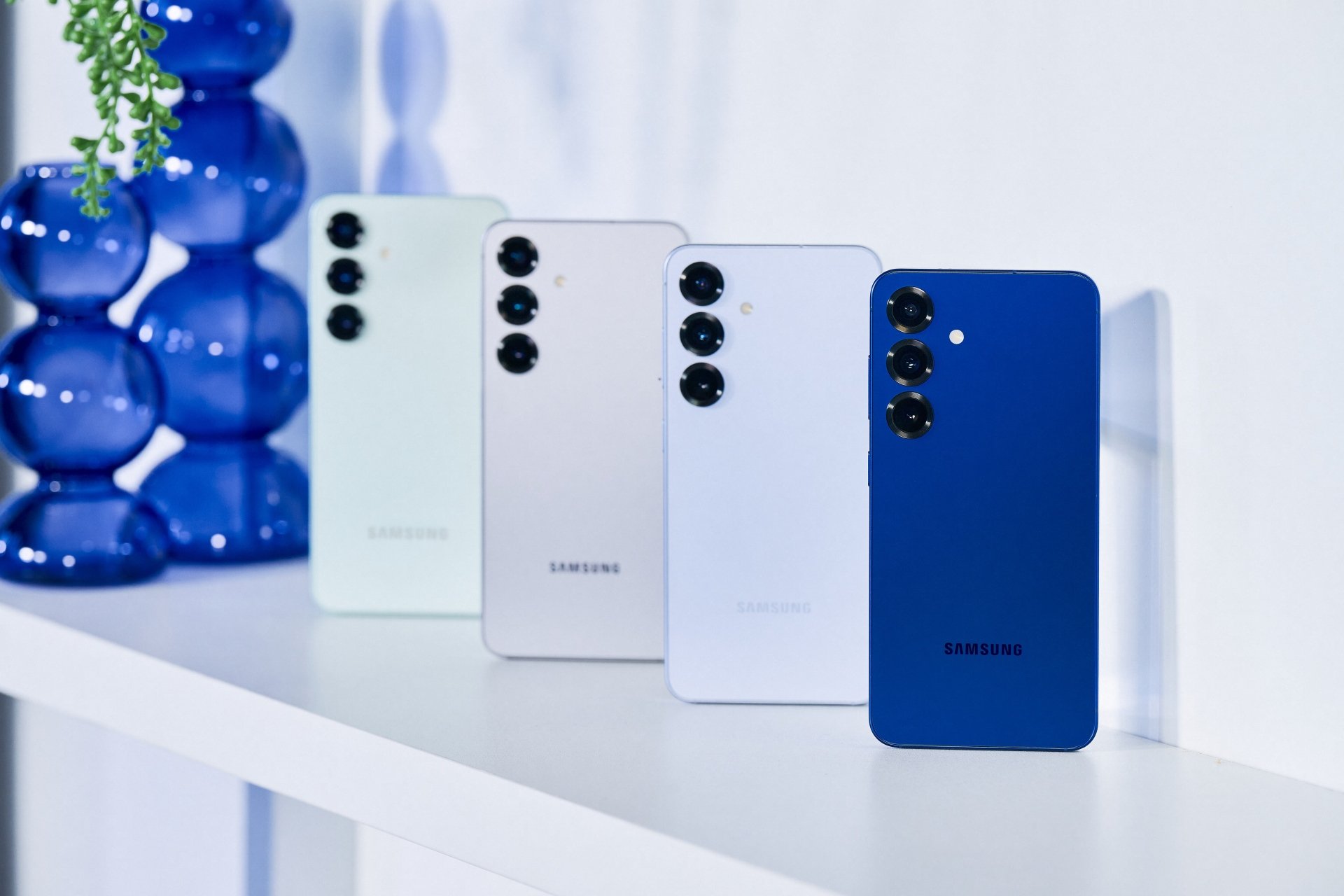
In the first half of 2021, Samsung Networks' market share was 12.5%, up 9% over the past year. According to the latest numbers from market research firm TrendForce, the South Korean firm ranks fourth in the global base station market. The company has supplied base stations to all three network carriers in South Korea: LG Uplus, KT, and SK Telecom. Moreover, its low-cost 5G hardware has helped it gain US clients such as Verizon. It is also collaborating with AT&T and Sprint.
During its second-quarter earnings report, Samsung had mentioned that its network business saw improvements, thanks to 5G expansion in Japan and the US. The company is aiming to sell more network equipment to cellular carriers in Europe and other markets.
Despite sanctions from the US, Huawei is expected to stay in the lead with a 30% market share, up from 29% in 2019. Ericsson is expected to have a 23% share of the market, down from 26% a year ago. Nokia is expected to grab a 20% market share, down from 21.5% in 2020. TrendForce analysts claim that the network equipment market will grow rapidly, thanks to 5G network expansion, work-from-home, and remote learning trends.
A few weeks ago, Samsung released new 5G chipsets, 5G radios, RF solutions, and a new version of its SDN (Software Defined Network). It also achieved a 5G speed record of 5.23Gbps during a demonstration.
















